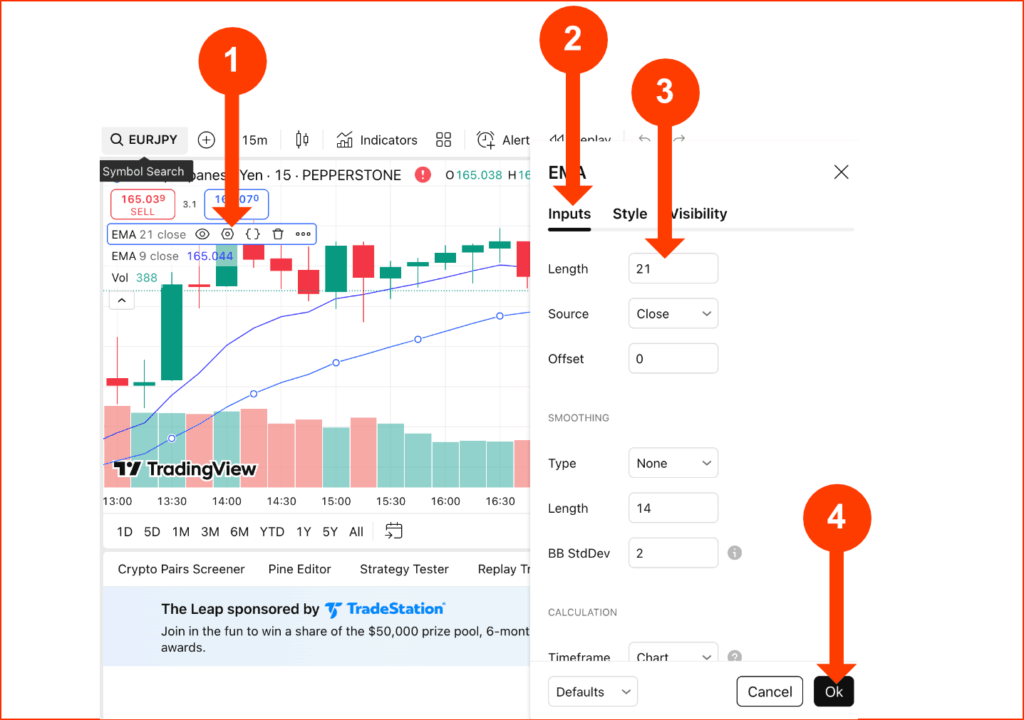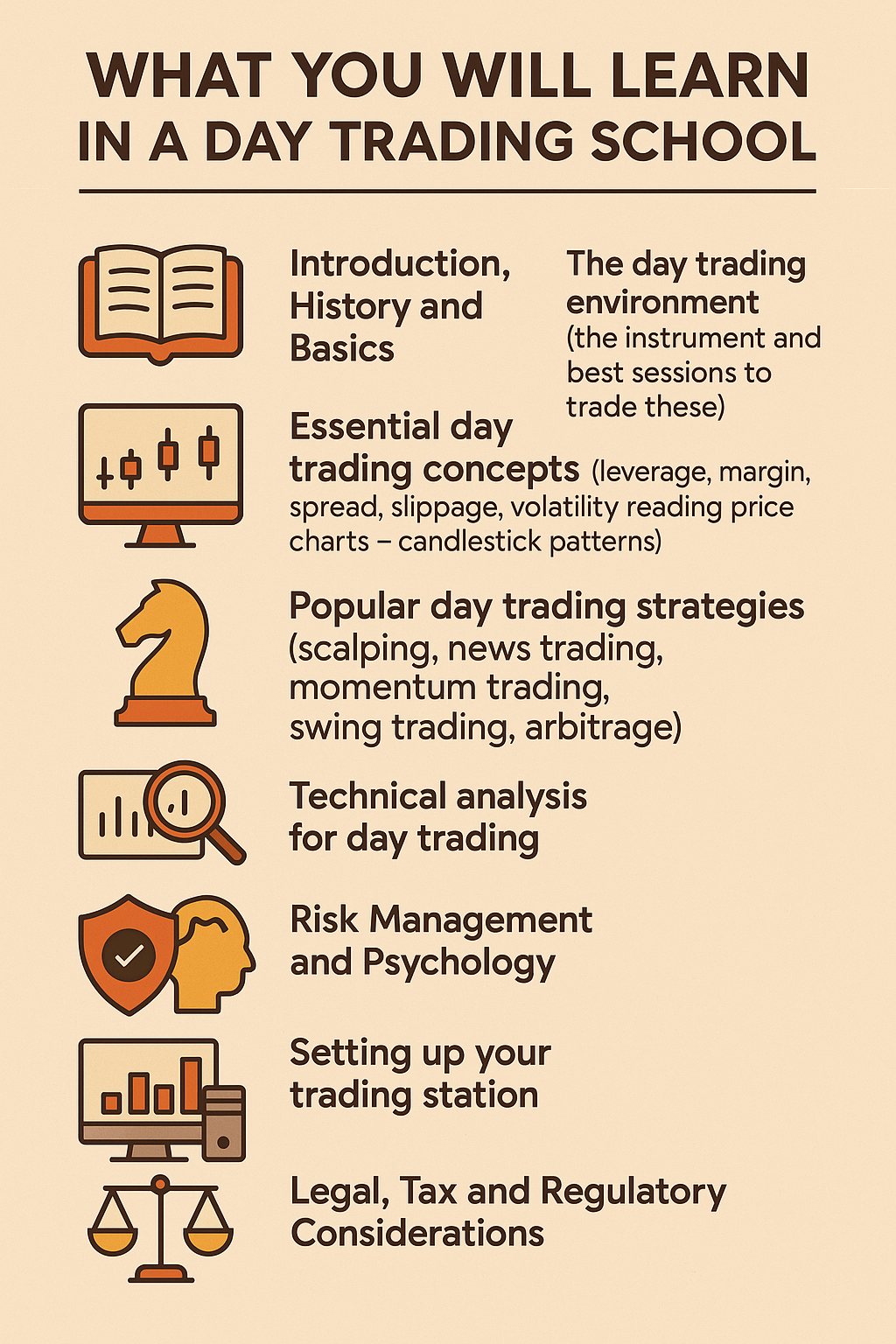
Determining market direction in forex requires analyzing price action, trends, and key indicators. The most reliable approach combines multiple confirmation methods using TradingView‘s charting tools while trading with a trusted broker like Pepperstone for accurate price feeds.
The clearest way to identify market direction is through trend analysis on higher timeframes (daily/weekly), supported by moving averages, price structure (higher highs/lows vs lower highs/lows), and momentum indicators. For active traders, monitoring order flow during London and New York sessions provides real-time directional clues.
Key Methods to Determine Market Direction
- Price structure analysis – Identify consecutive higher highs/higher lows (uptrend) or lower highs/lower lows (downtrend)
- Moving averages – Price above 200 EMA suggests bullish bias, below indicates bearish
- Session momentum – London/NY overlap (8am-12pm EST) often establishes daily direction
- Economic calendar alignment – News catalysts frequently accelerate existing trends
- Volume analysis – Increasing volume in the direction of movement confirms strength
- Multi-timeframe confirmation – Check alignment between 4H, daily and weekly charts
Forex Market Direction FAQs
How to read forex market direction for beginners
Start with daily charts and simple 50/200 EMA crossovers for clear trend identification
What are the best indicators to predict forex market movement?
MACD, RSI and ADX work well when combined with price action analysis
Why does forex trend direction change during the London session?
Increased institutional participation creates momentum shifts at market open
How to know if a forex trend is weakening
Watch for decreasing momentum (divergences), failed breakouts, or shrinking ranges
What is the most accurate time frame to determine overall market direction
Weekly charts filter out noise and show the clearest trend perspective
How does economic news affect short-term forex direction?
High-impact events can temporarily override technical trends for 1-4 hours
Final Thoughts
Accurately reading market direction separates successful traders from those who struggle. By combining technical analysis with quality execution from brokers like Pepperstone (or IC Markets for raw spreads), traders gain a significant edge.
TradingView‘s advanced charting tools make trend identification easier, while reliable brokers ensure you‘re trading real market movements rather than broker noise. Whether you’re a day trader or position trader, mastering directional analysis is the foundation of all profitable forex strategies.
Elias Stroud is a professional forex trader and market analyst with over eight years of experience. His journey began with the common misconception that trading was a get-rich-quick scheme, a path that led to significant early losses. It was this initial failure that forced a pivot towards disciplined, long-term learning and strategy development.
Today, Elias specializes in price action analysis, focusing on identifying high-probability setups without relying on complex indicators. He has cultivated a premium-level trading account, a direct result of his commitment to a structured and professional approach to the markets. Elias is passionate about sharing the actionable insights and foundational principles that helped him transform from a novice to a consistently profitable trader.
For further verification of his professional standing and live trading credentials, please visit the “About Us” page where account confirmation screenshots are provided, along with links to his trusted broker, Pepperstone, and his primary charting platform, TradingView.


